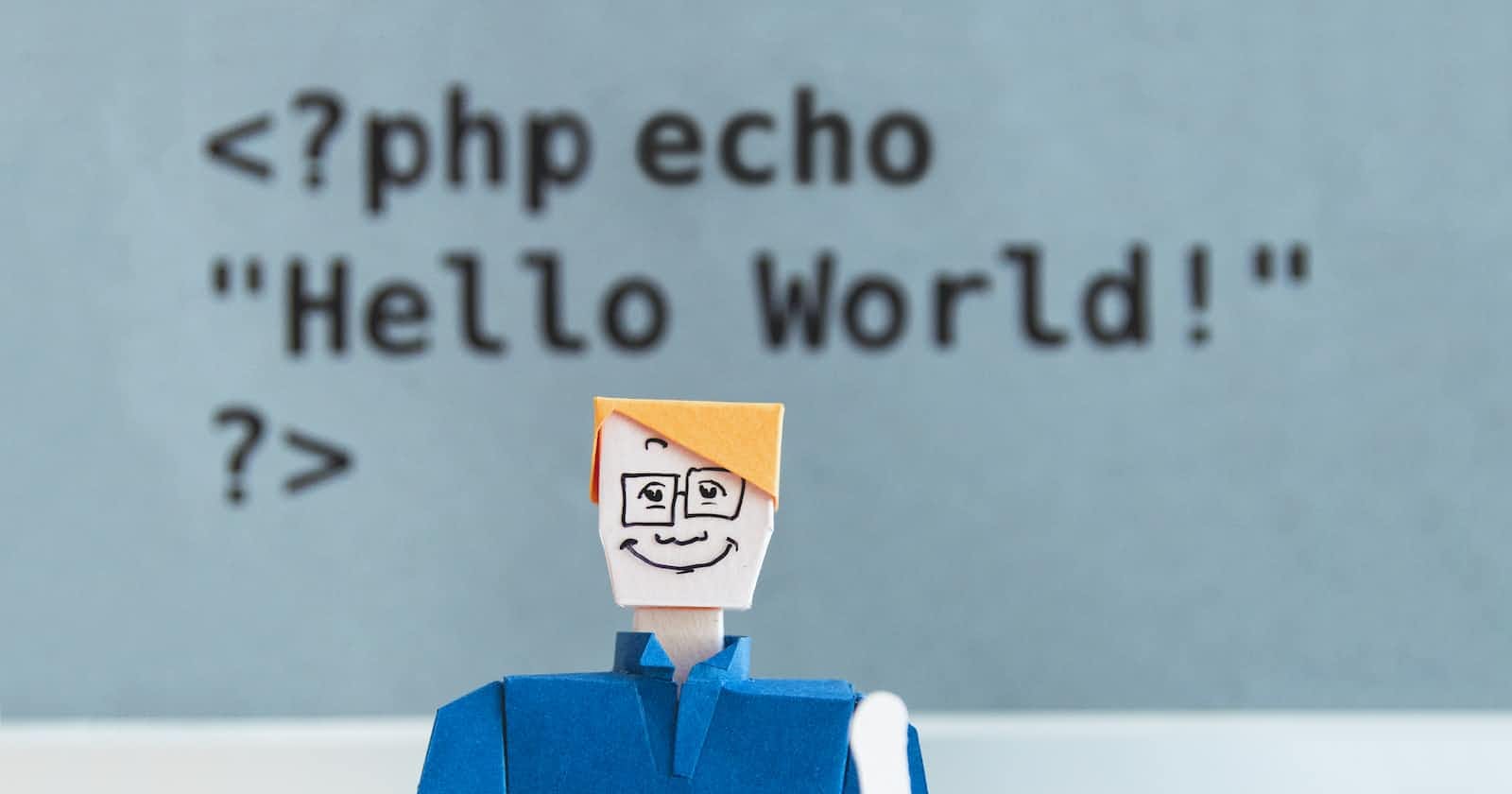Introduction
Python is a general-purpose programming language that is becoming increasingly popular in the tech industry. It is known for its simplicity, readability, and its vast library of modules. Python is used in a wide variety of applications, including web development, data science, and machine learning.
Why Learn Python?
There are many reasons to learn Python. Here are a few of the most compelling reasons:
High demand: There is a growing demand for Python developers, and salaries for Python developers are competitive.
Ease of learning: Python is a relatively easy language to learn, even for beginners.
Powerful capabilities: Python is a powerful language that can be used to build a wide variety of applications.
Versatility: Python can be used for a wide variety of tasks, including web development, data science, and machine learning.
What You'll Learn
This guide will teach you everything you need to know to become a professional Python developer. You will learn the fundamentals of Python, as well as how to use Python for web development, data science, and machine learning.
How to Use This Guide
This guide is designed to be a comprehensive resource for anyone who wants to learn Python. You can use it as a standalone resource, or you can use it in conjunction with other resources, such as online courses and books.
The Road Ahead
The road to becoming a professional Python developer is not easy, but it is definitely achievable. By following the steps in this guide, you will be well on your way to becoming a successful Python developer.
Here are the steps involved:
Learn the fundamentals of Python: This includes understanding variables, data types, operators, control flow, functions, and modules.
Practice Python: The best way to learn Python is by practicing. There are many ways to practice Python, such as solving problems, building projects, and contributing to open source projects.
Build your portfolio: A portfolio is a collection of your work that you can show potential employers. Your portfolio should include projects that demonstrate your skills in Python.
Land your first Python job: Once you have built your portfolio, you can start applying for jobs. There are many websites where you can find Python jobs, such as Indeed, Monster, and CareerBuilder.
Continue learning: The field of Python is constantly evolving. To stay ahead of the curve, you need to continue learning. There are many ways to continue learning Python, such as reading blogs and articles, attending conferences, and taking online courses.
Conclusion
Python is a powerful language that can be used to build a wide variety of applications. If you are looking for a challenging and rewarding career, then becoming a Python developer is a great option.
I hope this guide has been helpful. If you have any questions, please feel free to comment.


